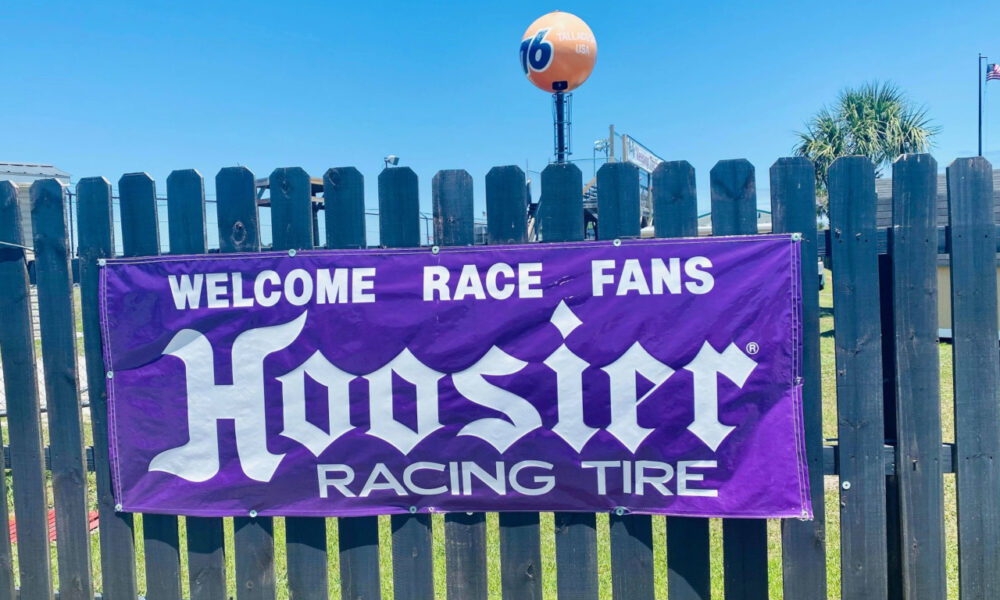I didn't "imply" drivers can only get tires at the track, you're reading too much into it. I said drivers have to be more accommodating and need to understand the situation.
This past weekend, at Carteret County Speedway, the drivers demanded to run on four tires because there were "just enough tires" to do so (and only "just enough" because there were fewer cars than expected because other drivers boycotted the race over not being a four tire race.) Track refused because they will still need tires next race and don't know if they can get any. A few guys spent all day just bashing the track about having to run on two tires.
But that goes to my larger point. This is just an unprecedented situation. The tracks are doing what they can. Everyone has to be willing to work with each other and compromise a little bit. This is just a blip. From what I've heard, Hoosier expects things to be back to normal in the first week of July.
Hoosier and American Racer have both said a little less bluntly that demand from racers is a problem because they, well, quite frankly, there's WAAAAAAAAAAAAAAAYYYYYYYYYYYYYYYYYYYYYYYYYYYYYYY too much practice in pavement stock car racing. It's excessive, and I've been saying that for years. And you've had teams for some of these tour races buy four, five, six sets of practice tires and spend three days practicing. I know because I've sold them before. And, as American Racer said, many of these guys are finding ways to get these tires - even going directly to the manufacturers and distributors to buy them themselves.
I've been in this game a long time. Hell, at one track I worked at, I was VERY accommodating to drivers and their practice desires. Very first thing I did when I got there was changed the practice policy to allow drivers to come practice after 5pm (that way they didn't have to take off work to do so). And I got a ton of lip even then - one time because I told a guy at 11pm he needed to shut it down and head home, another time because I wouldn't leave my family on Christmas and drive down four hours to open the track for him to practice. I love racing and love the racers, but there are a lot of racers who think their hobby takes precedence over other peoples' families and lives and etc.

 www.shorttrackscene.com
www.shorttrackscene.com

 www.shorttrackscene.com
www.shorttrackscene.com



